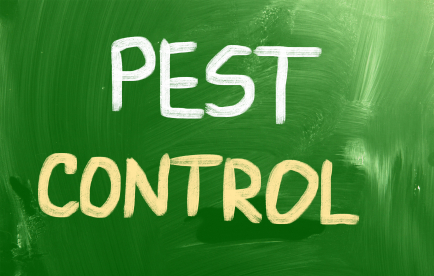Pet Safety: Rat Poison Dangers

No one wants rats or mice in their home, and people go to great lengths to achieve a rodent-free residence. But did you realize that rat and mouse poison is also toxic to your pets, and children too?
The most dangerous part about rodenticides is that they are tasty. Otherwise, why would a rodent ever eat them voluntarily? Learn how to reduce the risk of rat poison dangers.
Pet Safety Advice: Know Your Poison
There are several types of rodenticides commercially available. If you suspect that your pet may have ingested any amount of rat poison, it is very important to have the packaging available. Different kinds of rodenticide contain different poisons, and all are treated very differently. The most common type of rodenticides contain anticoagulants, which stop the blood from clotting. This is the only type of rat or mouse poison that has an antidote. If you choose to keep poisons in your home, this is the most treatable kind of rat poison.
The anticoagulant rodenticides such as D-Con, Tomcat, and Enforcer are often dyed green. When an animal ingests them, the poison stops the animal from using Vitamin K normally. This is important because Vitamin K serves a vital role in helping the blood to clot. Once the animal works through its stores of Vitamin K, it will no longer be able to clot its blood and will bleed out following the smallest bump or bruise. Because the animal must use up its stores of Vitamin K, no immediate signs of poisoning are visible. In fact it may be several days before the pet is affected, and because all bleeding is internal many owners do not notice a problem until it is far too late.
Pet Safety Advice: Know Your Emergency Plan
If your pet ingests any amount of rodenticide, it is important to visit the veterinarian immediately. All types of ingestion warrant supportive care, and vomiting may be induced depending on when the poison was eaten. If the rat poison is one that is an anticoagulant, Vitamin k will be administered. If the pet has suffered enough blood loss, a blood transfusion may be needed. Once discharged from the hospital, the pet will continue to be take Vitamin K, as many rodenticides stay in the body for several weeks. After this is completed, you will be asked to bring your pet back to the hospital to have a blood test. This is typically done 48 hours after the last dose of Vitamin K and helps us to know if the pet is able to clot on its own again. It is very important to have this done so that no internal bleeding can take place.


